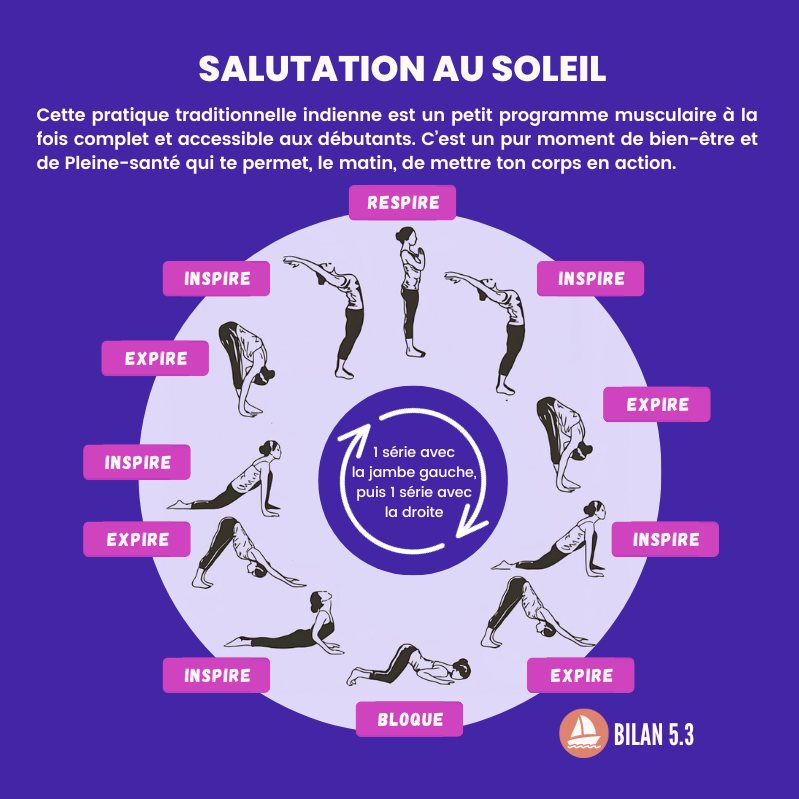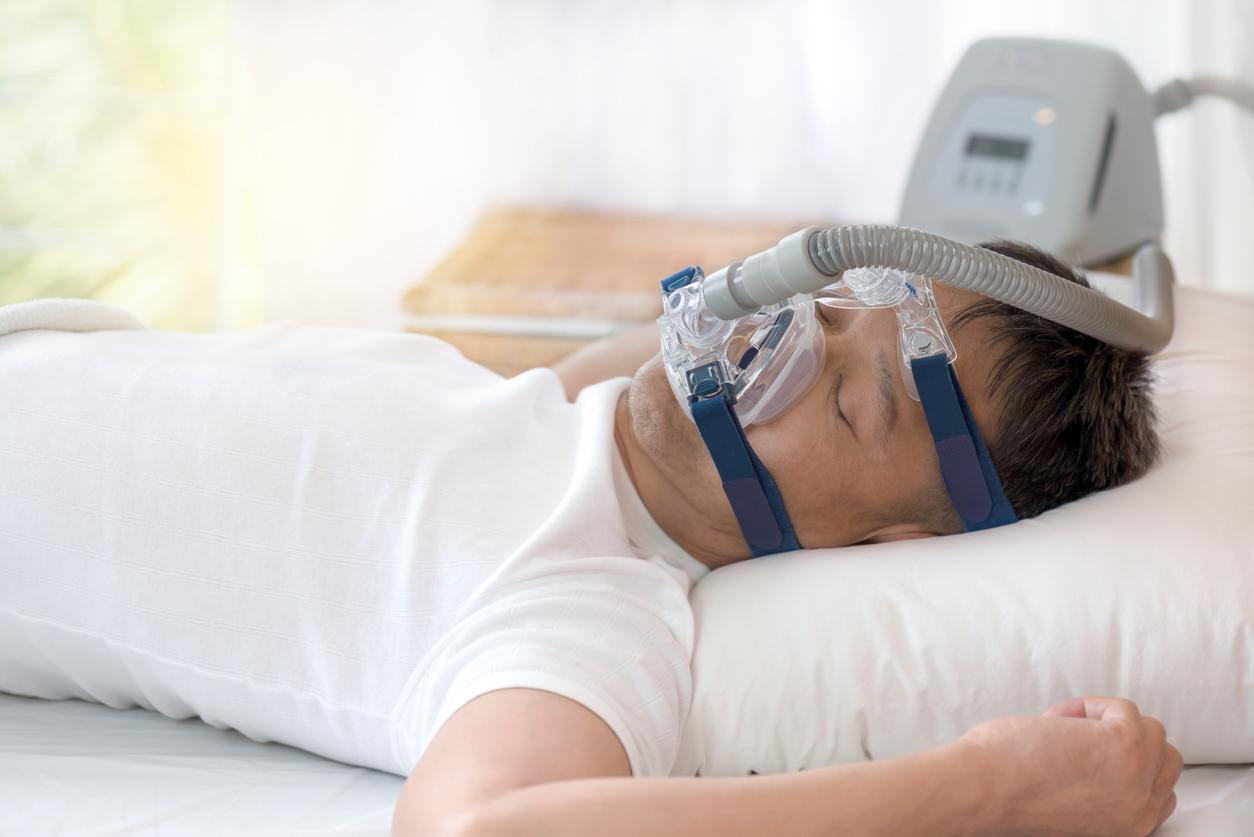New Zealand researchers have developed a new drug that has the potential to relieve both heart failure and sleep apnea.

- The drug, known as AF-130, was tested in an animal model at the University of Auckland in New Zealand.
- Researchers have found that it not only improves the pumping ability of the heart, but also prevents sleep apnea.
- It is the first drug capable of tempering nerve activity from the brain to the heart, reversing the progressive decline of the heart in heart failure.
A new drug shows promise for relieving heart failure, a common condition associated with sleep apnea and reduced life expectancy. The drug, known as AF-130, was tested in an animal model at Waipapa Taumata Rau, the University of Auckland in New Zealand. Researchers have found that it not only improves the pumping ability of the heart, but also prevents sleep apnea. The results of their work were published on March 28 in the journal NatureCommunications.
“The first drug capable of tempering nerve activity from the brain to the heart”
When a person has a heart attack and subsequent heart failure, the brain responds by activating the sympathetic system, the “fight or flight” response, as a way to stimulate the heart to pump blood. However, the brain persists with this nervous system activation, even when it is no longer needed, and this, together with the resulting sleep apnea, contributes to the patient’s reduced life expectancy. Most patients die within five years of being diagnosed with heart failure.
“This study has revealed the first drug capable of tempering nerve activity from the brain to the heart, reversing the progressive decline of the heart in heart failure”says Professor Julian Paton, director of the university’s cardiac research center, in a communicated.
A real potential to improve the well-being and life expectancy of patients
The part of the brain that sends nerve impulses to the heart also controls breathing, so this drug does double duty, reducing the “fight or flight” response while stimulating breathing to end sleep apnea. These discoveries have real potential to improve the well-being and life expectancy of patients, according to Professor Paton.
In addition, the drug will soon be approved by the Food and Drug Administration, the body responsible for authorizing the marketing of drugs in the United States, for another health problem this time, which will allow researchers to accelerate the phase clinical trials.



















